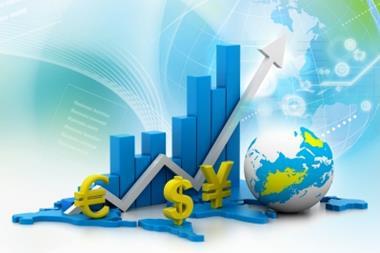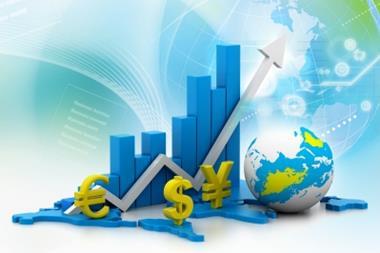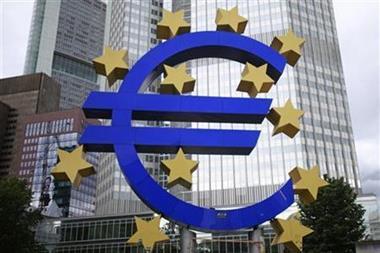‘Look closely and the current boom in equities is not powered by a widespread view of unencumbered economic optimism’
American author Tom Wolfe captured the essence of greed and hubris which coursed through 1980s Wall Street in his excoriating critique of business and social attitudes in,The Bonfire Of The Vanities. Wolfe used the epithet ‘Masters of the Universe’ to describe those super-powerful traders whose actions dictate not only the success or failures of business, but also the fate of the market itself.
While the book is a dark satire, it is perhaps likely that even Wolfe would have considered the trigger for the catastrophic events that began to engulf the global financial markets in 2007 as simply too far-fetched. Even those completely blinked by the lure of a killer deal would surely have seen the sub-prime market sector as a minefield with only one possible outcome – wouldn’t they?
It is, of course, all too easy to reappraise history with the benefit of hindsight. More than five years on there has been considerable time for reflection and public self-flagellation, if not effective self regulation. That the marked effects of this crisis continue to be seen today show that this is an economic disaster with a depth of scale unlike anything seen since the Great Depression of the 1930s.
A slew of positive activity and indicators since the start of 2013 has given rise to hopes that the financial gloom might be starting to lift. Some of this data remains open to interpretation and best viewed in one-eyed isolation to achieve the most encouraging perspective. Yet, while full recovery might be some way off for those countries hit particularly hard by the crisis, there are small signs – such as Spain’s export growth - that even there a corner may finally have been turned.
Fiscal nightmare averted, America is powering its way to recovery via an energy boom. Tapping into its vast shale oil and gas deposits has put the US on course to become the world’s largest energy producer within a decade and the subsequent riches this will bestow on the country will negate any damaging threats from its multi-trillion dollar national debt. US growth will also assist Europe’s return from the brink, opening up another international sales market, while both business and consumers will benefit from a lowering of destructively-high energy prices.
Hardly surprising then that stock markets across Europe and in the US are booming once more. New York’s Dow Jones Index along with key European bourses last month all scaled heights unseen since the global financial crisis took hold more than five years ago.
But look closely and the current boom in equities is not powered by a widespread view of unencumbered economic optimism. Instead it is linked more to the fact that, as a direct result of attempts to deal with the crisis, other asset classes, such as bonds, are so depressed that equities appear the most attractive trading option. Once again the “Masters Of The Universe” are driving markets to scale new heights with confidence based purely on greed. Without any firm economic foundation to support these trades the market is in danger of leaving shares grossly overvalued and open to further damaging volatility.
Hence the “crash” which followed the calamitous bail-out of Cyprus by the European Union and International Monetary Fund. Following the rescues of Greece, Ireland and Portugal and behind –the-scenes support for Spain and Italy – surely Cyprus would present a comparatively small challenge for the Troika?
If the crisis affecting the euro zone has taught us anything, it is never to assume. Cyprus may have a shady reputation for some of its financial activities but the proposal to impose a 9.9% levy on private savers with deposits exceeding 100,000 euros, and a 6.7% tax on all other deposits was greeted with almost universal shock and dismay. For the first time citizens of a country were being held to account for the failings of a financial and banking system over which they have no control. This single action wiped billions of euros off the value of financial markets in Asia and Europe, exposing their continued fragility and raising fears that ungovernable Italy could finally be consumed.
The EU may have taken steps to curb the worst excesses of financial traders with its recent cap on bonuses but until blind optimism is underpinned by genuinely sustainable economic and corporate growth, markets remain at the mercy of the “Masters Of The Universe” and their egos. Could their stink be the real essence of a “Bull” market?



















No comments yet